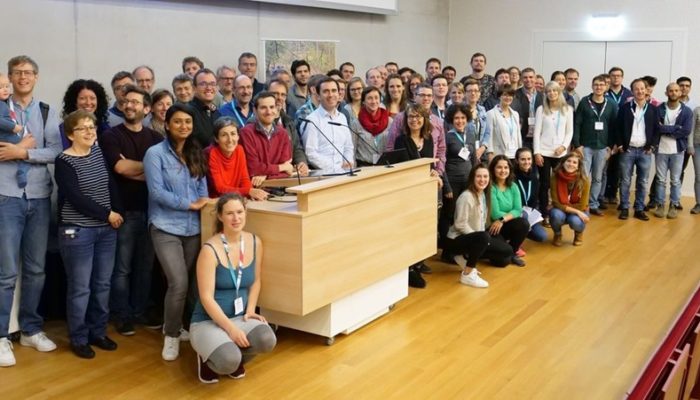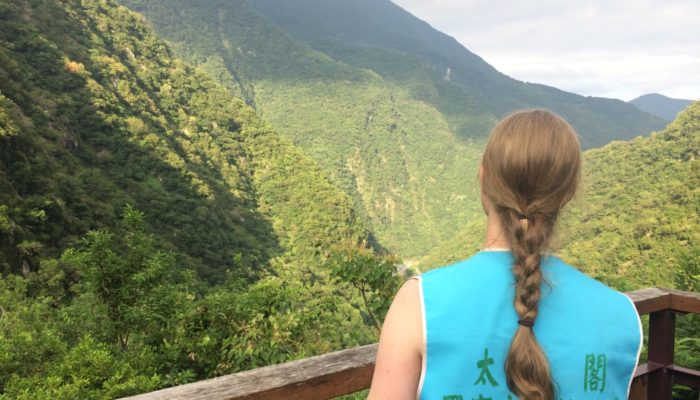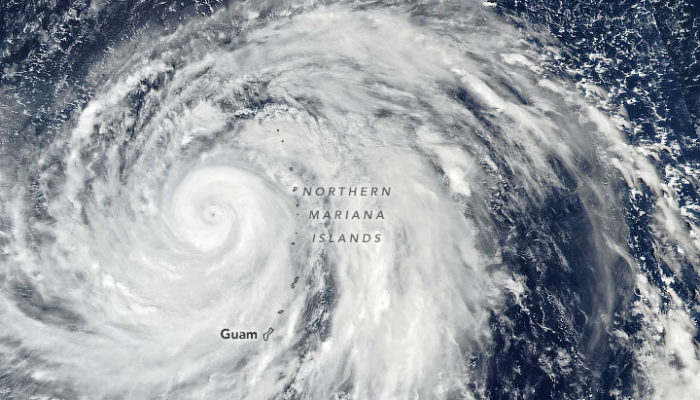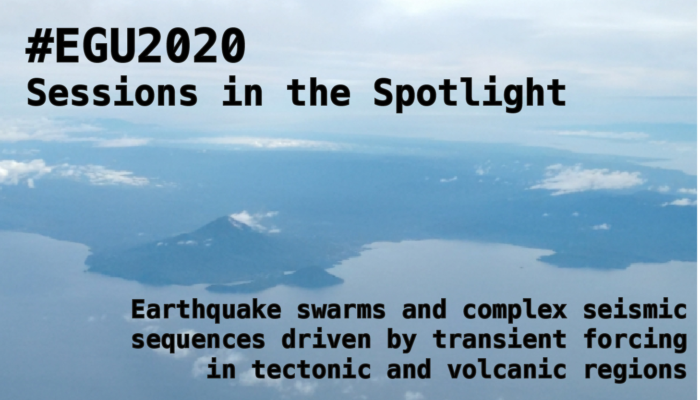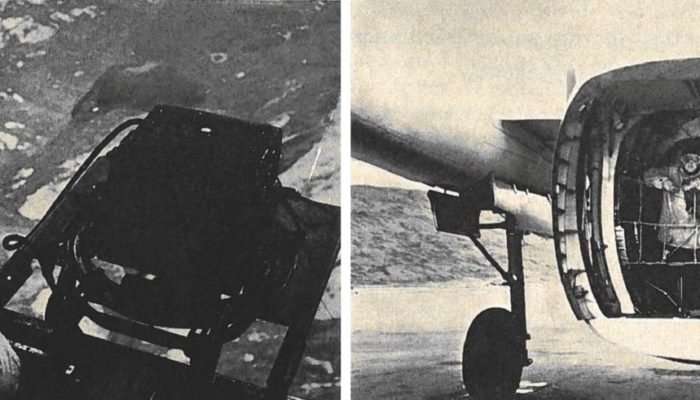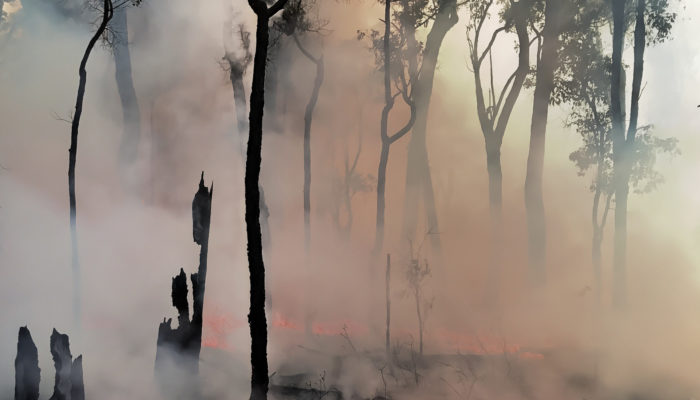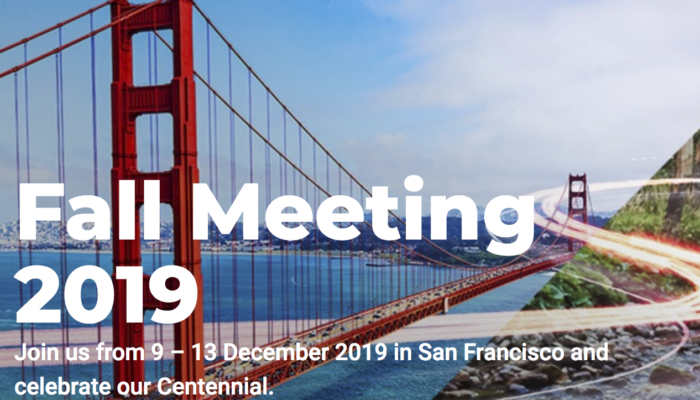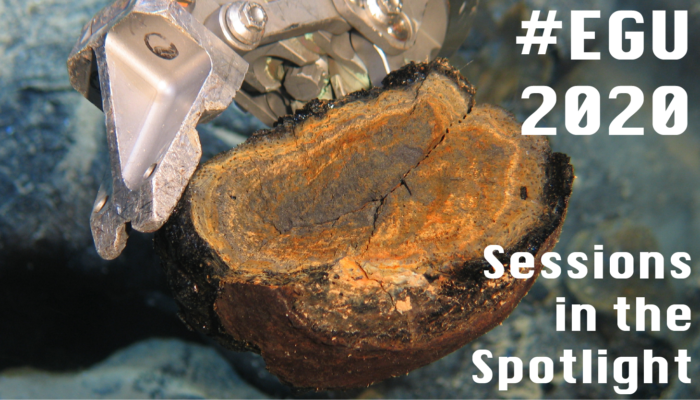After continuously writing and commissioning blog posts for months on end, the EGU Geodynamics blog is taking a well-deserved break. Like you(?), we will spend our Christmas holidays relaxing and – most importantly – preparing for another exciting blog year ahead. We will be back early February with our New Year’s resolutions, but until then, we will leave you with some Christmas ...[Read More]
If you didn't find what you was looking for try searching again.
Hydrological Sciences
Meeting and networking outside the EGU GA: feedback on the 2019 EGU Leonardo conference
In order to encourage cohesion and sustained dialogue among researchers outside the GA in Vienna, the EGU hosts a number of conference series, targeted at a specific disciplinary or interdisciplinary group within the Union. Closely related to the HS Division is the Leonardo Conference series on Earth’s Hydrological Cycle. These meetings are organized by members of the division. They usually ...[Read More]
GeoLog
Taking the pulse of an extreme landscape
Welcome to Taroko National Park. Would you like to borrow a safety helmet? In this precipitously steep landscape, covering one’s head is strongly encouraged. Rockfalls and landslides, triggered by frequent seismic activity and torrential rainfall, are mainstays in Taiwan’s preeminent national park. Evidence of this mass-wasting is everywhere: roadways are littered with fallen rocks, boulders choke ...[Read More]
Stratigraphy, Sedimentology and Palaeontology
Use of Ultraviolet Light in Plattenkalk Research
By Jack Wilkin. One of the techniques used to examine fossils in the laboratory is photography with the aid of UV light. Ultraviolet light causes minerals in the fossils to fluoresce creating a clearer contrast between the fossil and the surrounding matrix. Ultraviolet photography is a cost-effective laboratory technique that can be readily applied to a wide range of strata types and taxonomic gro ...[Read More]
Natural Hazards
A coffee with Mr Fujitsuka: Typhoon Hagibis and the recovery process
Today I got the chance to grab a coffee with Mr Fujitsuka, an ex-officer of the Ministry of Environment of Japan in charge of disaster preparedness, management and recovery. The reason why I decided to interview Mr Fujitsuka is that he helped in first person to manage the recovery process during Typhoon Hagibis that paralyzed the eastern coast of Japan on the first week of October. But, before exp ...[Read More]
Geochemistry, Mineralogy, Petrology & Volcanology
#EGU2020 Sessions in the spotlight: Earthquake swarms and complex seismic sequences driven by transient forcing in tectonic and volcanic regions
The abstract submission deadline for EGU 2020 is now 1 month away – so the clock is ticking to pick a session and submit an abstract! If you still haven’t chosen which session to submit to, we are here for you! Every few days, on this blog, a different session in the general GMPV section will be highlighted. Today’s session is truly cross-disciplinary, focusing on earthquakes and ...[Read More]
Cryospheric Sciences
Cryo History – How airborne glaciologists measured the movement of glaciers before the satellite era
Recent work published in my department at the Geological Survey of Denmark and Greenland (GEUS) focused on solid ice discharge into the ocean from the Greenland Ice Sheet from 1986 to 2017 (Mankoff et al. 2019). Solid ice discharge is the ice that is lost from a glacier as it flows towards the coast and eventually breaks off as icebergs into the ocean (i.e. calving). Solid ice discharge is an impo ...[Read More]
Climate: Past, Present & Future
Dear “climate sceptic”, do you have a fire insurance? – Climate policy under uncertainty
One often hears that ambitious climate policy might be premature while climate change is still “uncertain”. This sounds like a fair argument: The amount of global warming per doubling CO2 is not well constrained, and the amount of economic damage per degree of warming even less. But is this uncertainty a sound excuse to wait and see? Uncertainty, risk aversion, and insurance If you knew the ...[Read More]
Geodynamics
AGU19 – we’ll be back, soon!
This week (9-13th December), the AGU19 Fall Meeting is back in the newly renovated Moscone Centre in central San Francisco. For the previous 2 years whilst the facelift has been happening, the Fall Meeting has been carted around to New Orleans and Washington, D.C. You can find more details of the week’s proceedings at the AGU website. It is a special year for the AGU as they celebrate their ...[Read More]
Geochemistry, Mineralogy, Petrology & Volcanology
#EGU2020 Sessions in the Spotlight: Magmatic processes at divergent plate boundaries in space and time
Do you feel like a journey through time and space, all from the comfort* of a seat in the Austria Centre Vienna? (*comfort not guaranteed). Does your dream holiday involve Iceland, and not for Game of Thrones reasons? Are you jealous of those scientists who spend 12 hours in a tiny submarine just to look at the ocean floor and pick up some basalt? Then here is the session for you at the 2020 EGU c ...[Read More]


